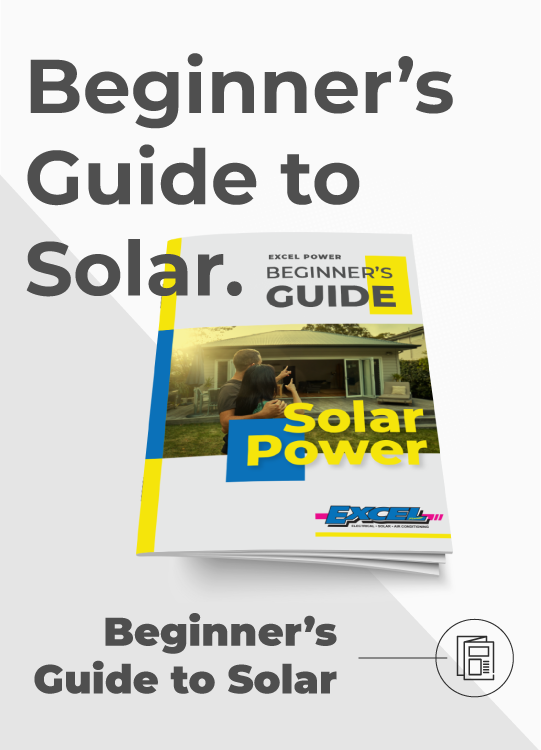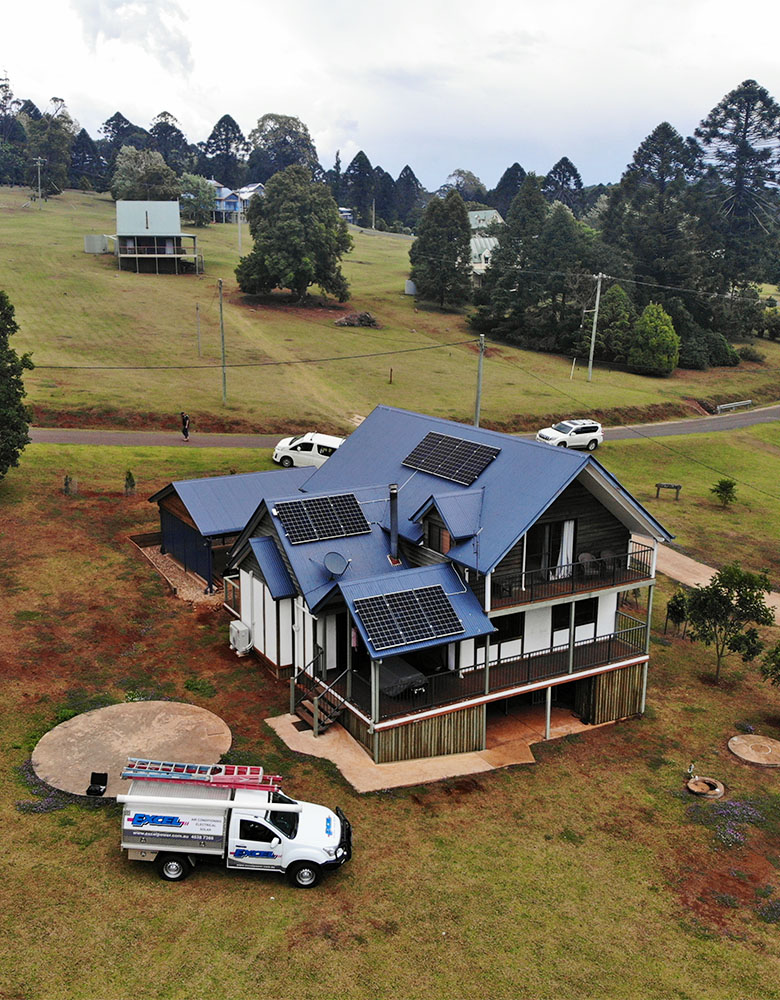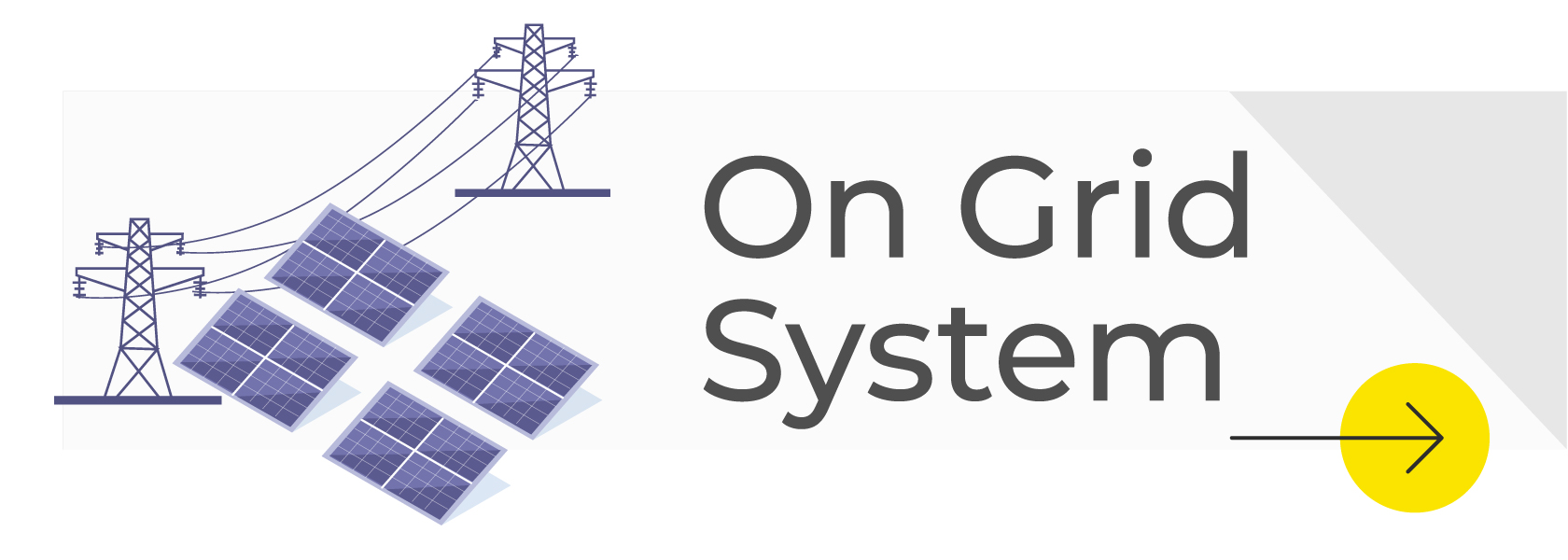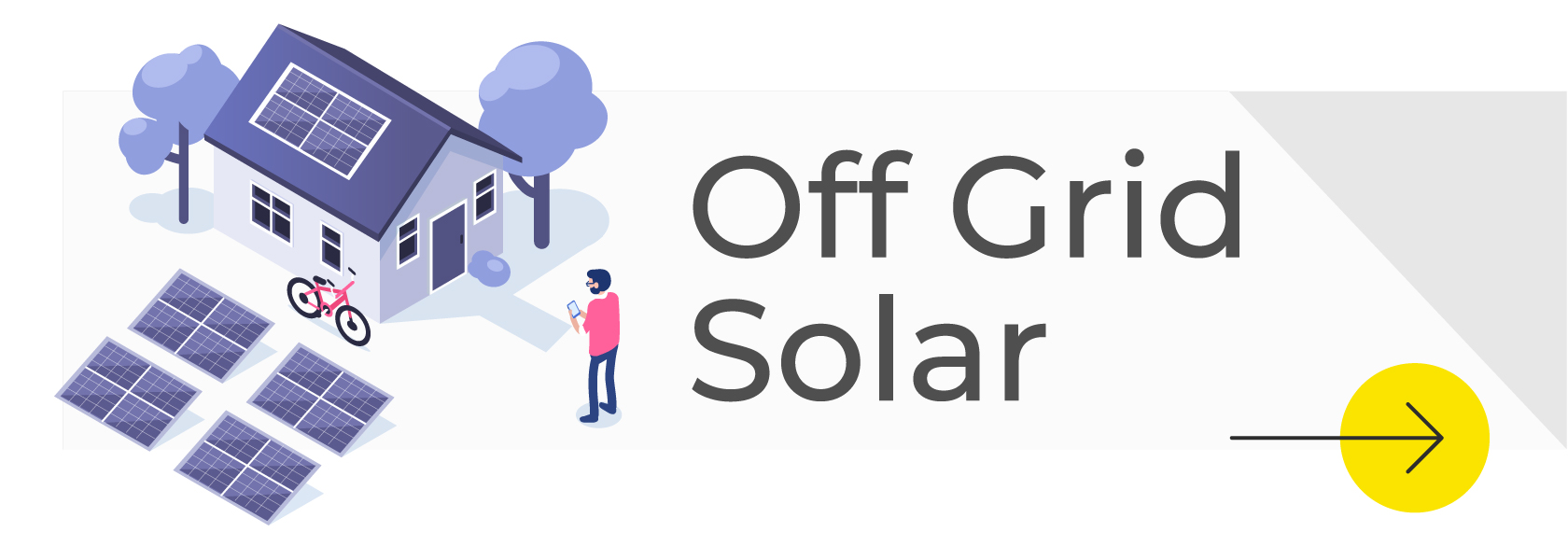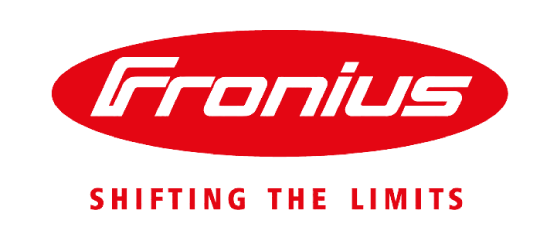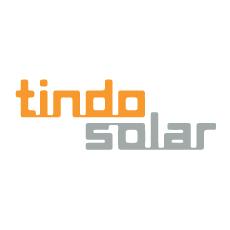Solar Power Installations & Repairs Toowoomba
Excel Power is one of the leading installers of premium PV solar power systems and off-grid solar across Toowoomba and the Darling Downs.
We can help you with:
Solar Installations
Solar Panel Cleaning
Solar System Monitoring
Solar System Upgrades
Solar System Repairs
Battery Storage
With over 15 years’ of experience in the industry, we know all the ins and outs of both PV solar systems and off-grid setups. Our team pride themselves on providing up-to-date advice with a dedicated after-sales service.
We only recommend the latest in solar power technology in order to safeguard and future-proof your investment. We have a ‘quality first’ approach to the solar products we select for our clients and back this up with first-class customised design.
If you want to maximise your savings on your next electricity bill, talk to the trusted name in solar power first.
If you’re thinking about making the switch, talk to the trusted name in solar power first.
Talk to our team today Contact Us
Download Excel Power's 'Beginner's Guide to Solar' Now
Download our free Solar Panel factsheet here
6 Ways Tindo Solar Panels Will Save You Money
Benefits of Switching to Solar
Benefits of Switching to Solar
1. Solar power can save you money
Installing solar power enables you to generate your own electricity. By using your own electricity rather than buying it from your electricity company, you will save money as every kW/h of electricity you can use from your solar system is a kW/h of electricity you do not have to buy from your electricity company.
2. Environmental Benefits
By using electricity generated from solar panels, we reduce the need to generate electricity from fossil fuels like coal and gas which create carbon dioxide (CO2). This can reduce the potential for global warming and can create a more sustainable cleaner energy mix, as long as the solar panels will last a long time.
3. Energy Independence
By owning your own solar system, you have the capacity to create your own electricity. This reduces your reliance on the electricity grid and electricity retailers etc and increases your control over your future electricity needs, expenses and lifestyle especially if you add batteries to your system in the future.
4. Property Value
There are increasing studies that show that installing a quality solar system on a home may increase property value. Home buyers are increasingly recognising that a home with quality solar panels installed will have lower electricity costs.
5. Energy reliability
High quality solar power systems are a reliable power source. The sun rises and sets every day, while the sun shines, solar panels will make electricity. While the weather and the seasons will vary, the amount of electricity that the panels make are predictable. You can also increase the financial benefits of your solar system by changing the times you operate your household appliances. For example, turning your washing machine on as you leave the home in the morning and avoiding washing your clothes at night allows your solar system to power your machine during the day. With the help of lithium-iron batteries, which are becoming more affordable, one can also harvest solar power during the day and use it at night.
Our Process
Our Process
Friendly support
During the whole process of your installation, we're here to ensure that things runs smoothly. You’ll always find the help you need, even after your installation is complete.

We explain solar technology and how you can maximize your roof space, then we assess your energy requirements to determine the perfect size and technology for you.
Education

After we determine the right system for your energy requirements, we design it on your roof or ground mount for maximum performance and aesthetics throughout the entire year.
Design

Getting the right approval for your home is one of the most important steps when installing solar. We obtain all grid approvals & rebates to ensure a seamless transition to your energy independence.
Approvals

On installation day, our very own electricians will come and do your install. Once completed, we explain how the system works, how to monitor it and how to turn it on and off.
Installation

We submit a Form-A to your network and they take over by scheduling a meter change for your solar export. The meter change is out of our control, however we can assist to ensure a speedy process.
Activation

After your solar system has been installed, we’ll come and give you a complete run through of your solar system, answer any further questions, as well as give you a folder with all of your system’s documentation
Follow Up
Microinverter Benefits
Solar panels may be on top, but it's the inverter that does all the real work. Choosing an inverter technology is the most critical decision you'll make when going solar. Enphase Microinverters offer the most advanced inverter technology on the market, which means higher production, greater reliability, and unmatched intelligence.
This short video shows you how solar, storage, and software come together in an all-in-one solar energy system.
No Subcontractors. Ever.
All work is carried out by our own highly trained and qualified electricians
2000+ Solar Systems
Installed throughout Toowoomba and the Darling Downs. There could even be one in your street.
Quality & Experience
The only local Tindo Energy Specialists & Enphase Premium installers. When quality and experience counts.
Want to know more about our Solar Systems? Talk to our Team
Related Projects
See more of our projectsProjects
Take a look at some of our past projects.
Suppliers & Brands


